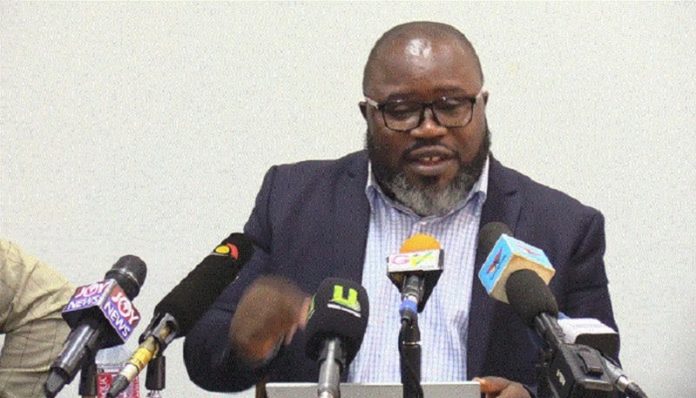Executive Director of Africa Education Watch (Eduwatch), Kofi Asare, has encouraged parents and students to seek legal redress if they feel unfairly treated under the new hairstyle directive issued by Education Minister Haruna Iddrisu.
His comments follow the Minister’s recent instruction to the Ghana Education Service (GES) and heads of second-cycle institutions to take full responsibility for managing student conduct, including issues of grooming and appearance.
Speaking at the 75th Anniversary celebration of Mawuli Senior High School, the Minister addressed ongoing public debate over hairstyle restrictions in schools.
He stressed that educational institutions are meant to instil discipline and character rather than promote beauty contests.
In an interview with Channel One TV, Mr Asare noted that while the Minister’s directive seeks to promote uniformity and hygiene among students, it must also uphold the rights of individuals.
He said students who feel “victimised or discriminated against because of their hairstyles have the right to challenge such actions through legal means.”
Mr Asare further explained that discipline should be enforced alongside fairness, inclusivity, and respect for personal dignity within Ghana’s education system.
“It’s not always about indiscipline or discipline. I align with the law, and I encourage anyone who feels unfairly treated to engage the law. Society grows and so should the law grow,” he said.
Citing the 2021 case involving former Achimota School student, Tyrone Iras Marhguy, Mr Asare recalled how the court upheld Marhguy’s right to education after he was denied admission because of his dreadlocks.
“Marhguy argued that maintaining his Rasta was linked to his belief in Rastafarianism. And that denying him admission based on Rasta meant that his rights to religion and culture were being impugned on account of the school regulations… It was necessary for him to be allowed to manifest his religion by wearing his hair, which he related directly to his belief in Rastafarianism, and the court upheld that.”
He added, “The court simply said, yes, schools may set their rules for regulating dress codes, including hairstyles. But in setting those rules, they shouldn’t be inconsistent with their right to religion.
“In the Marhguy case, culture and religion erupted. Before, all of us believed that it was unconscionable for the Ghana Education Service to deny people admission based on their hairstyles. That was our position.
“Then, the Marhguy’s case came, and the court made a pronouncement, and so we all aligned with the law until there is a contrary pronouncement by the court.”
Source : Adomonline



